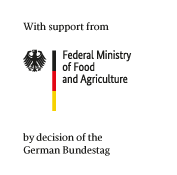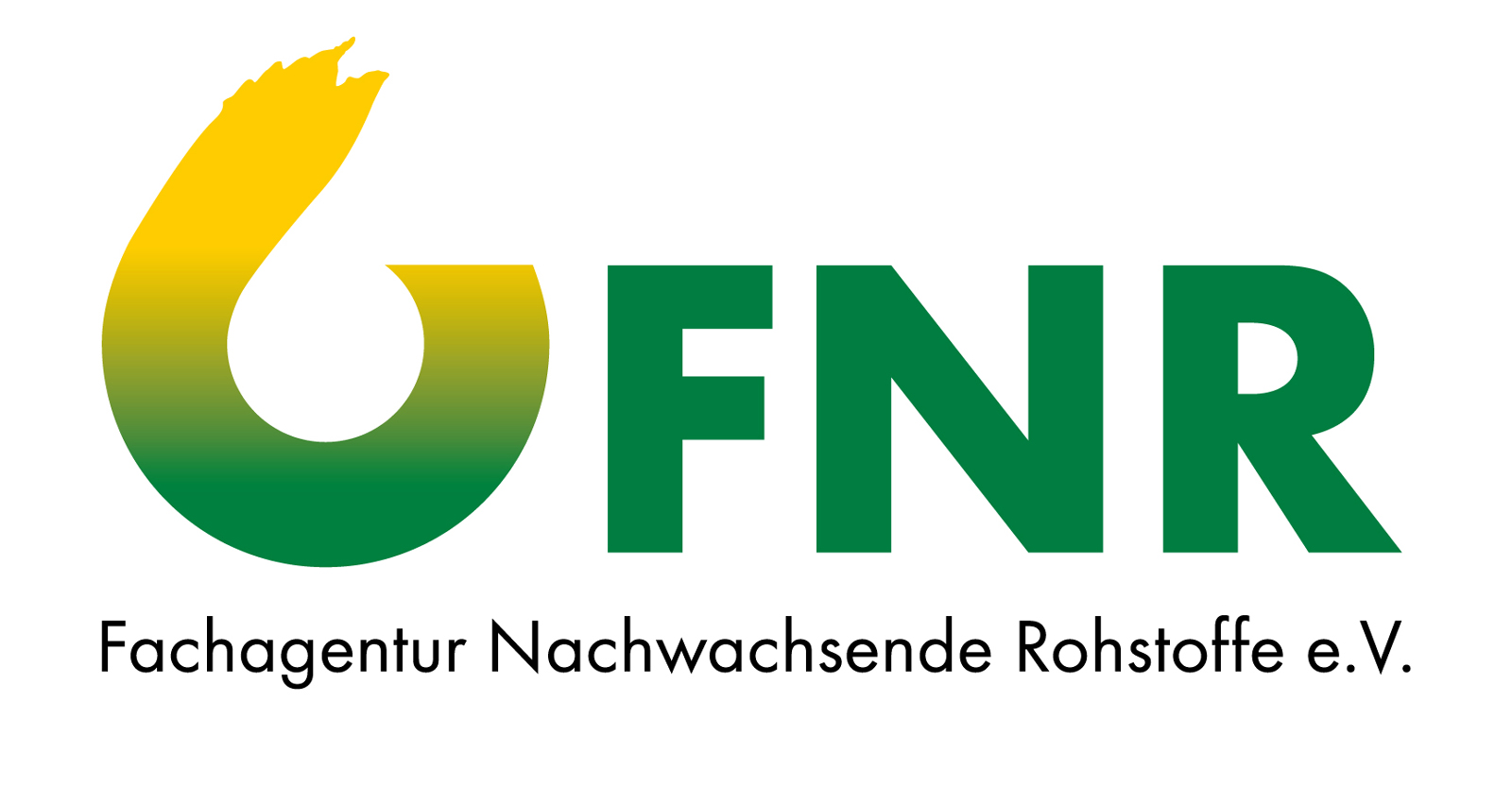Identifying material constants that influence biopolymer diffusion properties



Additives and other materials found in plastics, adhesives, laminates and sealants can diffuse into their surrounding media. However, this creates problems for food packaging in particular, as these substances can accumulate in the body and damage consumer health. For this reason, the EU has set strict regulations regarding what materials may be used, what diffusion properties they must have and whether they can be used in food packaging. Compliance and migration tests are the main method of ensuring the specifications in these regulations are met.
Strict compliance tests for food packaging
In addition to experimentation, another approved method of testing conventional plastics is digital modeling based on component materials. Up to now, however, the generally recognized diffusion models have only been approved for use as compliance testing and quality assurance tools in the case of plastics with identical structures. Structurally-unrelated polymers like biopolymers, are far beyond the limits of such methods. The effort involved in testing bio-based polymers is therefore much greater, which also makes the process much more time- and cost-intensive.
This is why scientists in the DiBioK biopolymer research project aim to identify the missing material constants that will be needed to allow the characterization and use of prediction models in the future. This would mean that biopolymer-based packaging could be tested much more easily and quickly.
Expertise in accredited testing methods
The team at Fraunhofer IVV offers individualized migration and permeation testing, as well as services for modeling these processes. The IVV researchers can measure and predict material transfer between packaging and product, both for materials in direct contact with the product and for external packaging with no direct contact. Our expertise in testing petroleum-based plastics can also be applied in other fields, such as new bio-based materials. Consequently, our work allows companies to significantly reduce the effort involved in evaluating the safety of the materials they use.
Project term: |
01.09.2020 to 31.08.2023 |
Project management |
The renewable raw materials (Nachwachsende Rohstoffe) program by the German Federal Ministry of Food and Agriculture (BMEL) and Fachagentur Nachwachsende Rohstoffe e. V. |
Associated partners: |
|
Project partners: |
|
 Fraunhofer Institute for Process Engineering and Packaging IVV
Fraunhofer Institute for Process Engineering and Packaging IVV